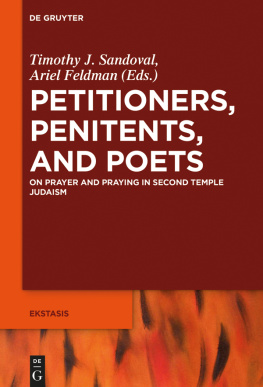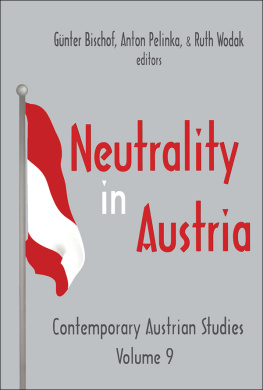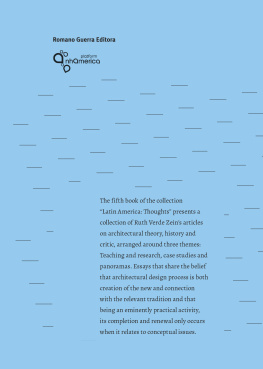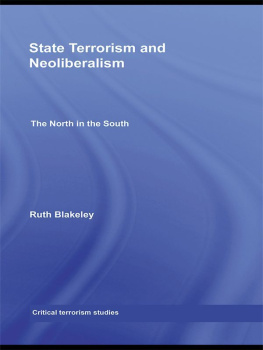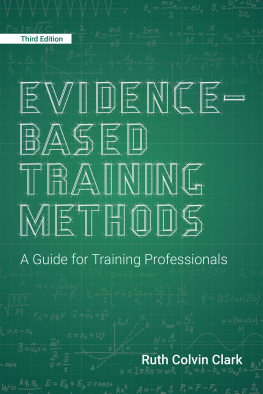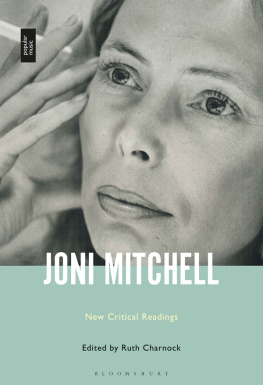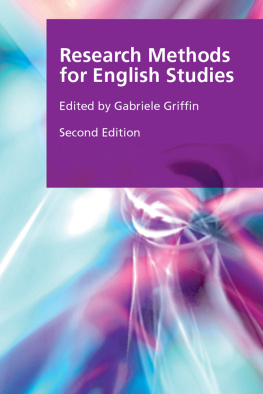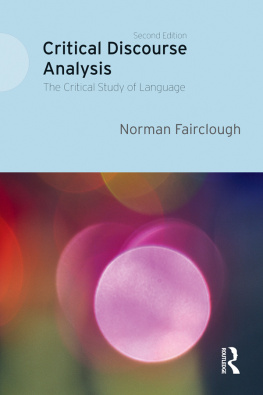Ruth Wodak - Methods of Critical Discourse Studies
Here you can read online Ruth Wodak - Methods of Critical Discourse Studies full text of the book (entire story) in english for free. Download pdf and epub, get meaning, cover and reviews about this ebook. year: 2015, publisher: SAGE Publications, genre: Politics. Description of the work, (preface) as well as reviews are available. Best literature library LitArk.com created for fans of good reading and offers a wide selection of genres:
Romance novel
Science fiction
Adventure
Detective
Science
History
Home and family
Prose
Art
Politics
Computer
Non-fiction
Religion
Business
Children
Humor
Choose a favorite category and find really read worthwhile books. Enjoy immersion in the world of imagination, feel the emotions of the characters or learn something new for yourself, make an fascinating discovery.

- Book:Methods of Critical Discourse Studies
- Author:
- Publisher:SAGE Publications
- Genre:
- Year:2015
- Rating:3 / 5
- Favourites:Add to favourites
- Your mark:
- 60
- 1
- 2
- 3
- 4
- 5
Methods of Critical Discourse Studies: summary, description and annotation
We offer to read an annotation, description, summary or preface (depends on what the author of the book "Methods of Critical Discourse Studies" wrote himself). If you haven't found the necessary information about the book — write in the comments, we will try to find it.
Methods of Critical Discourse Studies — read online for free the complete book (whole text) full work
Below is the text of the book, divided by pages. System saving the place of the last page read, allows you to conveniently read the book "Methods of Critical Discourse Studies" online for free, without having to search again every time where you left off. Put a bookmark, and you can go to the page where you finished reading at any time.
Font size:
Interval:
Bookmark:


- Ruth Wodak
- Michael Meyer




Email: n.fairclough@lancaster.ac.ukMarkus Hllereris Professor of Public Management and Governance at WU (Vienna University of Economics and Business) and Senior Scholar in Organization Theory at UNSW Australia Business School. His research interests are in organizational institutionalism, and his work spans a variety of empirical phenomena and settings. In more detail, academic interests include the dissemination and local adaptation of global ideas, in particular the heterogeneous theorizations and local variations in meaning, as well as the relationship between different bundles of managerial concepts and their underlying governance and business models in the public and private sectors. Recent work has been concerned with discursive framing as well as with visual and multimodal rhetoric. Markus research has been published in scholarly outlets such as the Academy of Management Annals, Academy of Management Journal, Journal of Management Studies, Public Administration and Research in the Sociology of Organizations, as well as in books and edited volumes.
Email: markus.hoellerer@wu.ac.atSiegfried Jgerhas been a Professor for German Language at the University of Duisburg/Essen (Germany) since 1972, and since 1987 he has also been head of the Duisburg Institute of Linguistic and Social Research. His major research areas are discourse theory and critical discourse analysis based on Michel Foucaults theory. He has conducted several projects dealing with a broad range of topics, e.g. language barriers, right-wing extremism, immigration and racism in mass media and everyday talk, media coverage of crime, Jewish publications in the nineteenth century, Christian fundamentalism and anti-Semitism in the German and Polish mass media. For his publications, see diss-duisburg.de.
Email: s.jaeger@diss-duisburg.deDennis Jancsaryis Post-doctoral Researcher at the Institute for Organization Studies, WU (Vienna University of Economics and Business), and at the Department of Organization, Copenhagen Business School. His research focuses on rhetoric and language use in the emergence, diffusion and change of institutions and knowledge. Recent work has been organized around qualitative and interpretative research strategies of analysing verbal and visual rhetoric in the production and (re-)construction of power, authority and legitimacy, specifically the use of argument and persuasion.
Email: dennis.jancsary@wu.ac.atMajid KhosraviNikis a lecturer in Media and Discourse Studies at Newcastle University, UK. He is interested in theory, methods and application of critical discourse studies in a range of topics and media discourses including the intersection of discourse and (national/ethnic/group) identity. He has previously published on immigration identity discourses in mass media. Within the past few years, he has been working on theory and application of CDA on digital participatory environments, e.g. social media. He sits on the boards of a number of international journals, including Critical Discourse Studies and Journal of Language and Politics and is a co-founder of Newcastle Discourse Group. His co-edited book Right-Wing Populism in Europe: Politics and Discourse (with Ruth Wodak and Brigitte Mral), was published by Bloomsbury Academic in 2013. He is currently finalizing a manuscript on Iranian and British press discourses regarding Irans nuclear programme for DAPSAC book series.
Email: majid.khosravinik@newcastle.ac.ukFlorentine Maieris assistant professor at WU (Vienna University of Economics and Business). She researches and teaches on non-profit management. Her research focuses on the spread of business-like ideas and methods to the non-profit sector, and on alternative more democratic and egalitarian forms of organizing. She often applies discourse analytic methods to investigate questions in this context.
Email: florentine.maier@wu.ac.atGerlinde Mautneris Professor of English Business Communication at WU (Vienna University of Economics and Business) and Honorary Visiting Professor at Cass Business School, City University London. She pursues research interests located at the interface of language, society and business. Her work also focuses on methodological questions, exploring the opportunities and challenges of interdisciplinary cooperation (e.g. between critical discourse analysis and critical management studies, and between CDA and corpus linguistics). In recent projects she has studied the influx of marketized language into a variety of lifeworlds, the treatment of language in management textbooks, and the interrelationships between discourse, space and the law.
Font size:
Interval:
Bookmark:
Similar books «Methods of Critical Discourse Studies»
Look at similar books to Methods of Critical Discourse Studies. We have selected literature similar in name and meaning in the hope of providing readers with more options to find new, interesting, not yet read works.
Discussion, reviews of the book Methods of Critical Discourse Studies and just readers' own opinions. Leave your comments, write what you think about the work, its meaning or the main characters. Specify what exactly you liked and what you didn't like, and why you think so.


